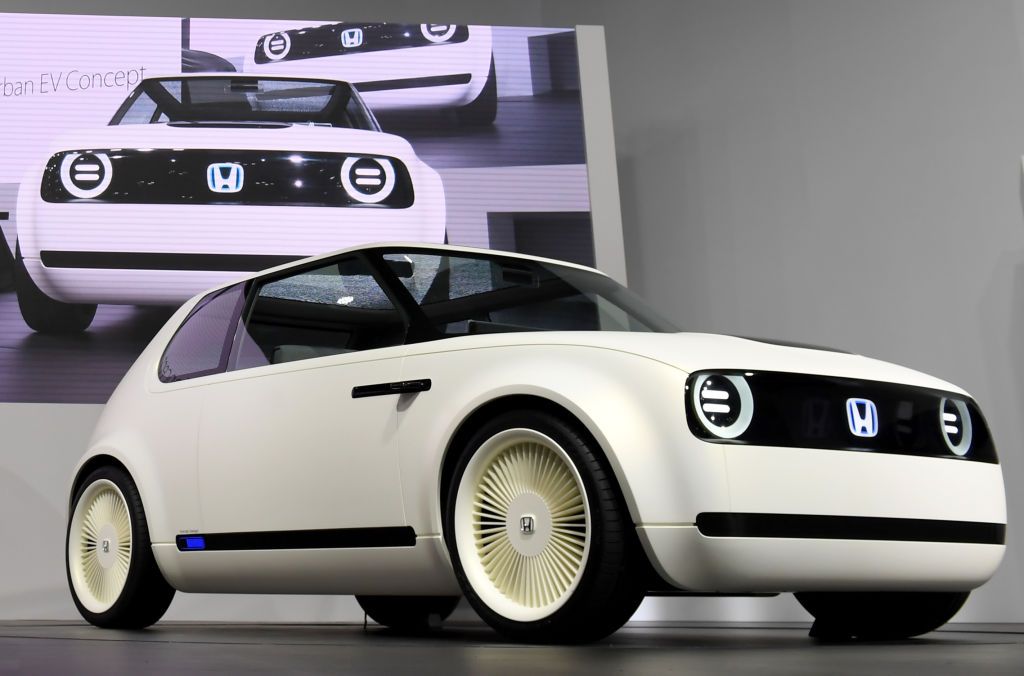Electric cars have been hailed as the future of transportation, promising a cleaner and more sustainable way to travel. However, one major barrier to their widespread adoption is their high price tag. Compared to traditional gasoline-powered cars, electric vehicles (EVs) are significantly more expensive, which has deterred many consumers from making the switch. In this blog post, we will explore the reasons why electric cars are so expensive and what factors contribute to their high cost.
- Battery Technology
The most significant factor contributing to the high cost of electric cars is the battery technology used to power them. Lithium-ion batteries, which are the most common type of battery used in EVs, are expensive to manufacture and require rare earth metals such as cobalt and nickel. These materials are in limited supply, which drives up their cost. Additionally, the manufacturing process for lithium-ion batteries is complex and requires specialized equipment, which further adds to the cost.
- Research and Development
Another reason why electric cars are expensive is the significant investment required for research and development. Developing new EV models and improving battery technology requires a considerable amount of time and money. Automakers must invest in research and development to stay competitive in the market, which ultimately drives up the cost of the final product.
- Limited Production
Electric cars are still a relatively new technology, and production volumes are relatively low compared to traditional gasoline-powered cars. This limited production results in higher manufacturing costs due to economies of scale. As production volumes increase, the cost of electric cars is expected to decrease.
- Government Incentives
While government incentives can help reduce the cost of electric cars, they can also contribute to their high price tag. Governments around the world offer tax credits, rebates, and other incentives to encourage consumers to purchase electric cars. However, these incentives are often funded by taxpayers, which means that the cost of electric cars is ultimately borne by the public.
- Infrastructure Costs
Finally, the cost of electric cars is also influenced by the infrastructure required to support them. Building charging stations and upgrading the electrical grid to support electric cars requires a significant investment. These costs are often passed on to consumers in the form of higher prices for electric cars.
In conclusion, electric cars are expensive due to a combination of factors, including battery technology, research and development, limited production, government incentives, and infrastructure costs. While the cost of electric cars is currently high, it is expected to decrease as production volumes increase, and battery technology improves. As more consumers make the switch to electric cars, the cost is likely to become more competitive with traditional gasoline-powered cars.

